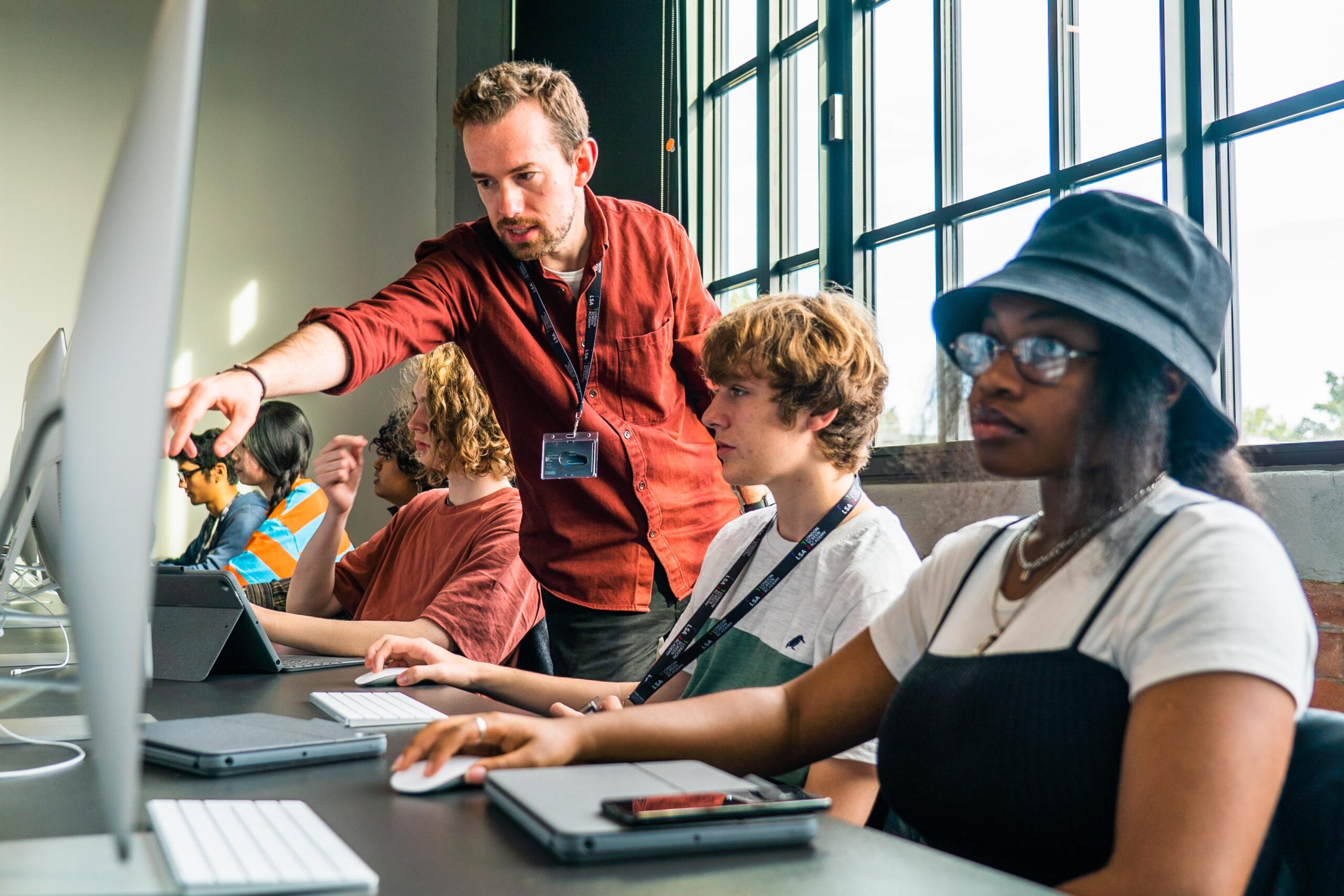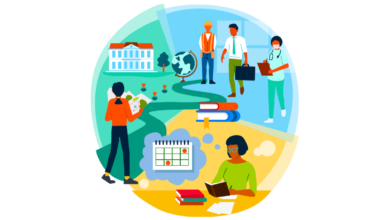The Significance of Literacy Education in the Modern World
In the modern world, literacy education is crucial for individuals to function effectively in their personal and professional lives. It is not just about learning to read and write, but also about gaining knowledge and skills that enable people to be successful in a rapidly changing world. This article will explore the significance of literacy education in the modern world, discussing its benefits and challenges.
Introduction
The introduction will provide an overview of the importance of literacy education in today’s world. It will highlight the role of literacy education in the development of individuals and societies.
The Benefits of Literacy Education
This section will discuss the benefits of literacy education. It will explore how literacy education improves personal and professional development, enhances critical thinking skills, and promotes social and economic mobility. It will also discuss the importance of literacy education for democratic participation and civic engagement.
Personal and Professional Development
This subsection will highlight the importance of literacy education in personal and professional development. It will explore how literacy education improves communication skills, enhances confidence, and enables individuals to access a wider range of opportunities.
Critical Thinking Skills
This subsection will discuss how literacy education promotes critical thinking skills. It will explore how reading and writing enable individuals to analyze and interpret information, make informed decisions, and solve problems effectively.
Social and Economic Mobility
This subsection will examine the role of literacy education in promoting social and economic mobility. It will discuss how literacy education enables individuals to acquire knowledge and skills that are essential for success in a rapidly changing world, and how it enhances their employability and earning potential.
Democratic Participation and Civic Engagement
This subsection will highlight the importance of literacy education for democratic participation and civic engagement. It will explore how literacy education enables individuals to participate actively in political and social processes, and to make informed decisions as responsible citizens.
The Challenges of Literacy Education
This section will discuss the challenges of literacy education. It will examine the barriers that prevent individuals from accessing literacy education, and the limitations of traditional literacy education methods.
Barriers to Accessing Literacy Education
This subsection will explore the barriers that prevent individuals from accessing literacy education, such as poverty, lack of infrastructure, and discrimination. It will also discuss the importance of addressing these barriers to ensure equal access to literacy education.
Limitations of Traditional Literacy Education Methods
This subsection will examine the limitations of traditional literacy education methods, such as rote learning and standardized testing. It will discuss how these methods fail to promote critical thinking skills and may lead to a narrow understanding of literacy.
The Future of Literacy Education
This section will discuss the future of literacy education. It will explore how technology is transforming literacy education, and the potential benefits and challenges of these changes.
Technology and Literacy Education
This subsection will examine how technology is transforming literacy education, such as through online learning, gamification, and adaptive learning. It will discuss the potential benefits and challenges of these changes, such as increased accessibility and personalized learning, as well as concerns about privacy and security.




